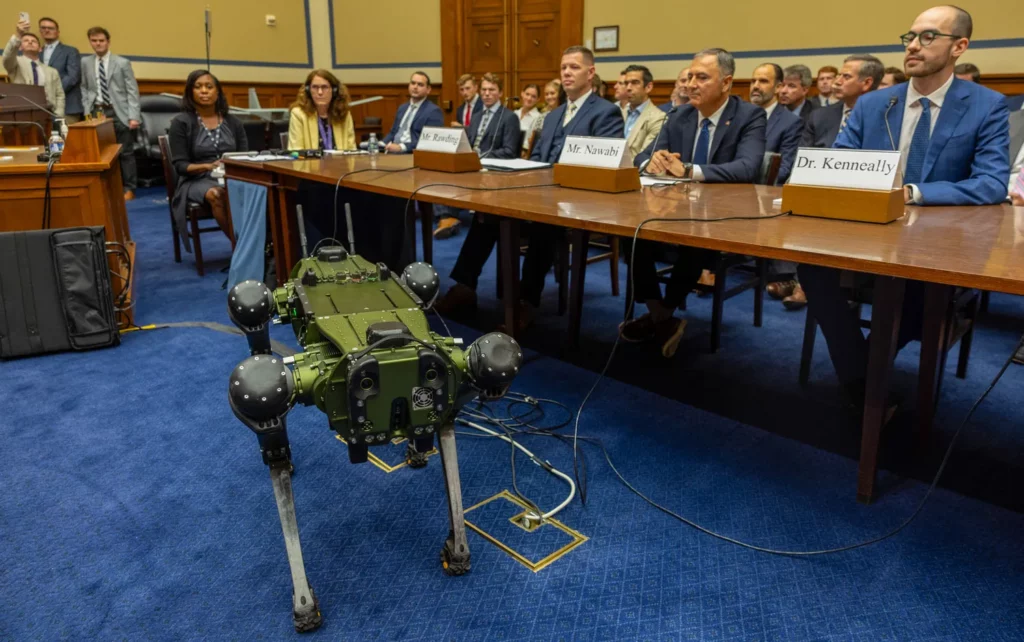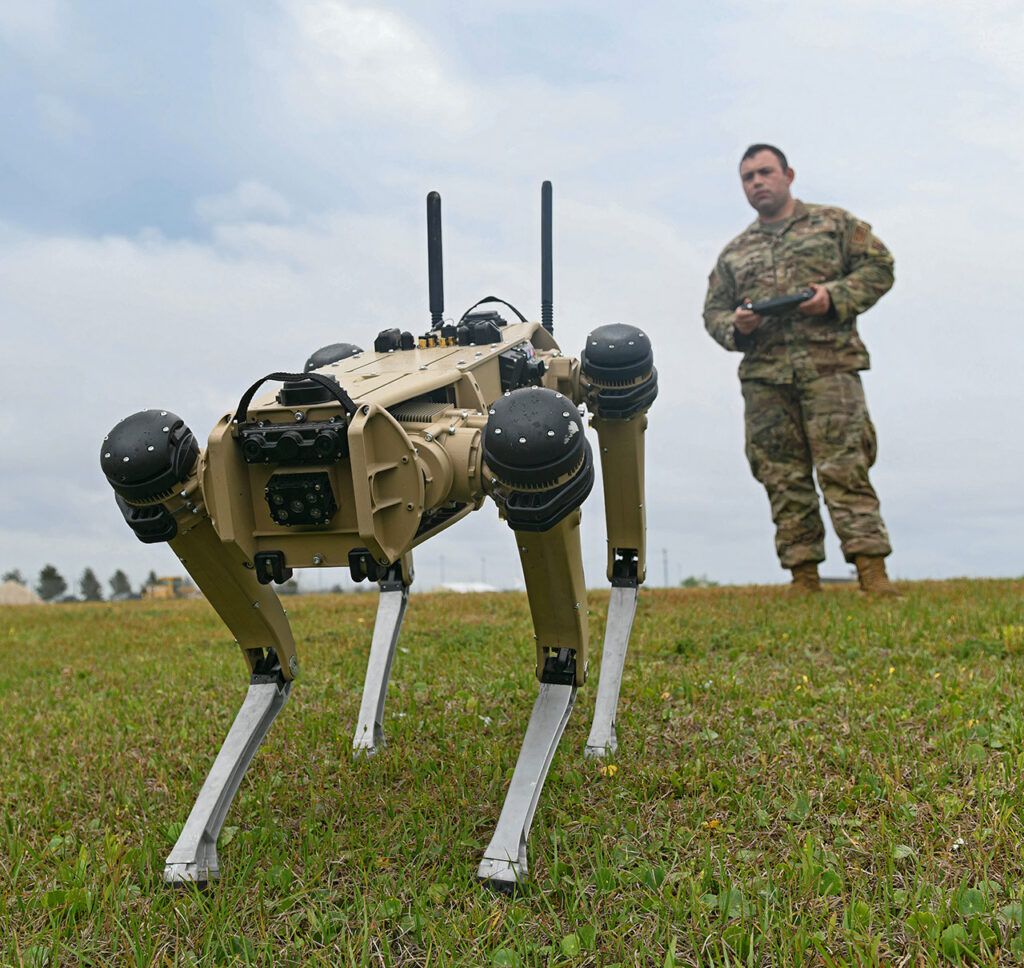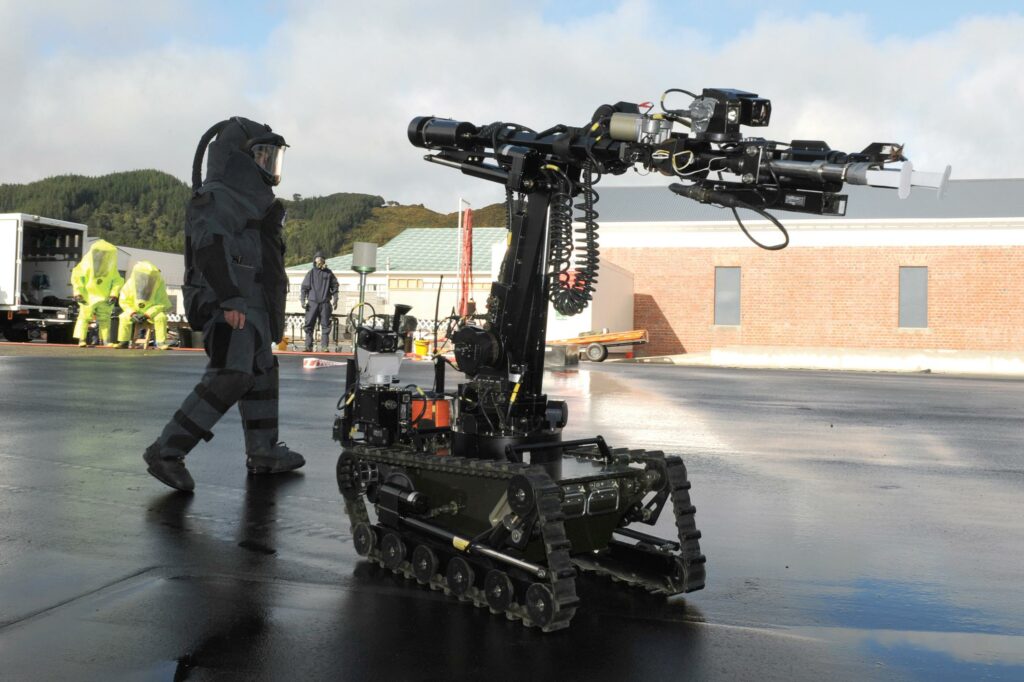In mid-September, a duo of Massachusetts legislators introduced a bill “to ensure the responsible use of advanced robotic technologies.” Essentially, the legislation aims to prohibit the manufacture, sale, and usage of weaponized robots.

This proposal is noteworthy for several reasons, particularly due to the limited presence of U.S. state and national laws addressing these emerging concerns. The concept of weaponized robots has often been relegated to the realm of science fiction, leading many lawmakers to neglect pragmatic approaches. Despite the perception, the United States has been deploying robots (drones) for lethal purposes for over two decades. However, public sentiment tends to differ when such technologies are applied domestically.
Concerns about “killer robots” extend beyond military applications. Some instances align with classic portrayals from works like Terminators, I, Robots, and Five Nights at Freddy’s, while others are more realistic. Examples include mounting a paintball gun on a Spot by MSCHF and the imagery of Ghost Robots equipped with sniper rifles.
While not commonplace, there have been instances of law enforcement using robots for lethal force. In 2016, the Dallas Police Department employed a bomb disposal robot to kill a suspect. This controversial act raised questions about the wisdom and ethics of using robots in such a manner. The potential use of weaponized robots by law enforcement has stirred political debates, particularly in places like Oakland and San Francisco. In October of the previous year, Boston Dynamics, in collaboration with Agility, ANYbotics, Clearpath Robotics, and Open Robotics, signed an open letter denouncing the weaponization of “general-purpose” robots.


It read, in part:
We believe that adding weapons to robots that are remotely or autonomously operated, widely available to the public, and capable of navigating to previously inaccessible locations where people live and work, raises new risks of harm and serious ethical issues. Weaponized applications of these newly-capable robots will also harm public trust in the technology in ways that damage the tremendous benefits they will bring to society.
Signed open letter between Boston Dynamics, Agility ANYbotics, Clearpath Robotics and Open Robotics
Notably, the impetus for this proposed legislation stemmed partly from Spot’s manufacturer, Boston Dynamics. State Representative Lindsay Sabadosa, who, alongside State Senator Michael Moore, introduced the bill, discussed its details earlier this week.








